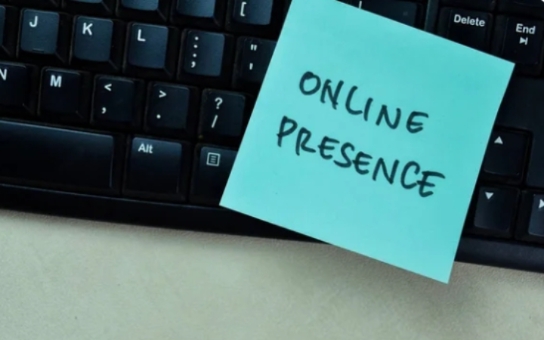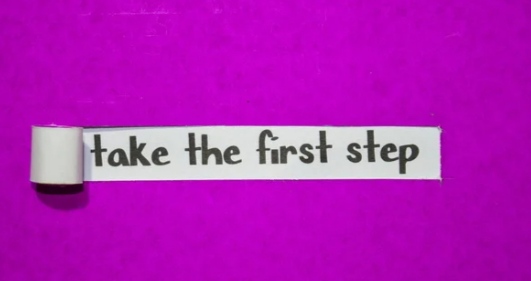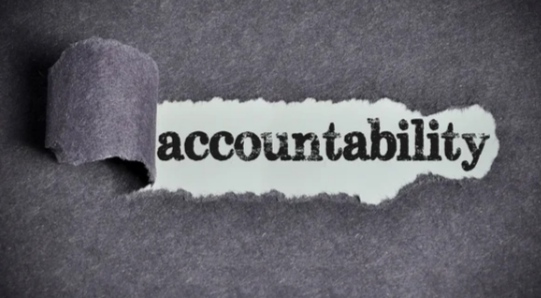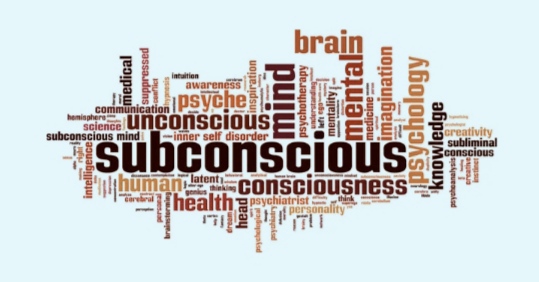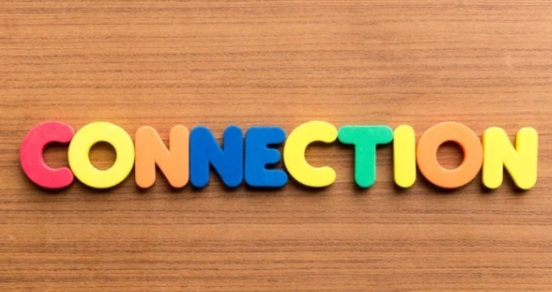
Connections are essential to human life. From our relationships with family and friends to the connections we make in our professional lives, human beings are inherently social creatures who thrive on meaningful interactions with others. These connections play a crucial role in our mental and emotional well-being, as well as our overall quality of life.
One of the most important reasons why connections are important in life is because they provide us with a sense of belonging and support. When we have strong connections with others, we feel understood, valued, and accepted. This can have a profound impact on our mental health, as studies have shown that individuals who have strong social connections are less likely to experience depression, anxiety, and other mental health issues.
Connections also play a key role in helping us navigate life’s challenges and stressors. When we have a strong support network of friends and family members, we have people we can turn to for advice, guidance, and comfort during difficult times. This can help us cope more effectively with stress and increase our resilience in the face of adversity.
Furthermore, connections can also provide us with opportunities for personal growth and development. When we interact with others who’ve different perspectives, backgrounds, and experiences, we’re exposed to new ideas and ways of thinking. This can broaden our horizons and expand our understanding of the world. This can help us learn and grow as individuals, leading to personal and professional growth.
In addition, connections can also provide us with a sense of purpose and fulfillment. When we have meaningful relationships with others, we have people to share our successes and achievements with. As well as people to celebrate our milestones and accomplishments. This can help us feel validated and motivated to continue pursuing our goals and aspirations.
Overall, connections are crucial to human life for a variety of reasons. They provide us with a sense of belonging, support, and comfort, as well as opportunities for personal growth and fulfillment. Whether it’s the bond we share with our family members, the friendships we cultivate with our peers, or the professional connections we make in our careers, it is clear that connections are an integral part of what makes life meaningful and worth living.


